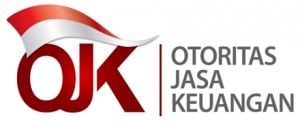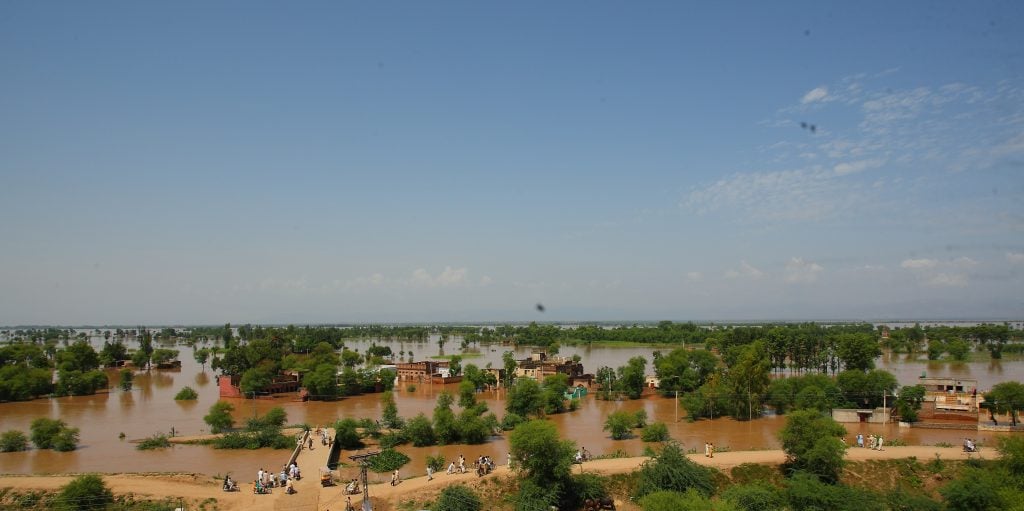- We travelled to Indonesia to meet major palm oil and coal industry companies and press them for stronger climate change strategies
- Progress is slow, with companies citing strong demand from their Asian customer base for non-certified palm oil and for coal
- We argued for a more proactive approach, highlighting the potential for future demand shifts – particularly in coal, where some Asian countries are now adopting more aggressive decarbonisation strategies
- More intensive co-ordinated investor engagement with Indonesian companies is urgently needed to achieve faster progress
Indonesia is one of the world’s biggest emitters of greenhouse gases, driven by deforestation and land-use change. With palm oil, rubber, sugar and coal being vital to the country’s economic growth and trade balance, calls to address the climate impacts of their production and use face significant hurdles. Meanwhile, the intense monsoons and rain of January 2020, which left tens of thousands of people displaced, were a stark reminder of the country’s vulnerability to climate risks.
We travelled to the country to meet with companies in those industries to better understand their current practices and encourage a more strategic approach to managing the risks and opportunities that climate change will have on their businesses.
Indonesia is one of the world’s biggest emitters of greenhouse gases, driven by deforestation and land-use change.
Slow progress in sustainable palm oil
We met with one of the largest palm oil companies in the country to discuss challenges the industry faces in justifying investment in implementing Roundtable on Sustainable Palm Oil (RSPO) standards and achieving certification. Current demand projections for certified products show insufficient uptake as consumer goods companies in countries such as India, China and Pakistan, which account for the lion’s share of global consumption, hardly require any certified palm oil.
We heard similar comments during an engagement meeting with Bank Mandiri, one of the largest financiers of the palm oil industry. The meeting, attended by representatives from the credit risk and wholesale banking units, capped a very successful year of engagement with the bank on palm oil financing activities. We are glad to report that it is in the process of implementing a stricter approach to palm oil financing, in line with its new Sustainable Finance Action Plan announced in August 2019, whilst assessing ways to use its leverage as a key participant in the industry to drive more sustainable practices. However, the bank has shied away from requiring its clients obtain RSPO certification (it encourages them instead) because there is no commercial imperative to do so.
Without significant pressure from end consumers or buyers of palm oil in Asia, the road ahead for sustainable palm oil remains unclear. Despite the challenges, we will continue to engage with producers, buyers and banks to call for more sustainable agricultural practices, including adherence to RSPO standards.
Indonesia’s 2018-2027 electricity procurement plan is heavily reliant on coal, and coal demand across the ASEAN region is projected to rise steadily over the coming decades.
Coal is king – for the time being?
Coal domination in Indonesia is hard to dispute. The commodity is abundant in the country, accounts for 10% of total exports – making it a significant source of foreign exchange – and is seen as key to fuel growing energy demand and hence boost economic growth. As a major source of revenues for the producing provinces and, ultimately, the country itself, the coal industry is tightly linked to political elites at local and national levels. These realities make a transition away from coal politically challenging.
We met with two companies in the coal mining industry to discuss their exposure to, and management of, climate change-related risks and opportunities. The companies, whilst aware of the potential impacts to their businesses from a shift away from coal, are at the very early stages of developing a strategic response to these risks. We expressed our concerns about their strategy to diversify into the construction and operation of coal-fired power plants, which could bring about new stranded asset risks.
Our meetings confirmed our view that the Indonesian coal industry remains bullish on coal’s prospects domestically and across increasingly important export markets in Southeast Asia: Indonesia’s 2018-2027 electricity procurement plan is heavily reliant on coal, and coal demand across the ASEAN region is projected to rise steadily over the coming decades.
We challenged this view by stressing how the coal industry worldwide is facing ever stronger headwinds from mounting climate change concerns, both from policymakers and the public; from increasing challenges in securing financing, with over 100 major financial institutions having limited their financing to coal projects; and, critically, from the cost of renewable energy decreasing to record lows. Meanwhile, a number of countries in Southeast Asia have started to embrace a shift away from coal. In 2019, countries including Vietnam and Thailand announced sweeping energy development plans focusing on zeroemission domestic energy sources. The Indonesian government, itself a staunch supporter of coal, has begun to timidly signal shifts in energy policy.
We therefore strongly encouraged the companies to develop and implement a strategic response to climate change risk that is aligned with the goals of the Paris Agreement and can help position their businesses better against future carbon-related regulation, shifting energy policy positions and energy transition. Going forward, we will continue our engagement with both companies by leveraging the Climate Action 100+ collaboration.

Otoritas Jasa Keuangan (OJK)
During our trip we also met with the local financial services regulator, Otoritas Jasa Keuangan (OJK), to discuss the current state of governance practices among listed companies. OJK has led the corporate governance agenda in Indonesia for the past decade. In cooperation with the International Finance Corporation (IFC), OJK developed a corporate governance roadmap and manual that has been well received. In addition, it mandates public companies to ‘comply or explain’ with its Corporate Governance Guideline.
These steps have played an important role in helping improve areas such as disclosure. However, the lack of enforcement hinders progress on other issues, including board nomination and election processes, and abuse via related party transactions. We called for improvements in enforcement capability and engagement with the Indonesian Stock Exchange to drive meaningful and lasting change.
Conclusion
Almost three-quarters of Indonesian primary exports go to Asia. The ubiquity of coal to address rising energy needs across the continent, and the lack of demand for sustainability-certified agricultural products, do little to incentivise local companies to comprehensively address long-term risks and opportunities linked to climate and other sustainability factors. This makes our engagement more challenging, but not impossible.
Going forward, we plan to leverage the relationships we have built with companies, as well as on collaboration with other investors, to continue pressing for the development and implementation of strategies to mitigate environmental impacts, whilst managing the risks and capturing the opportunities linked to climate change.
1 See Institutional Investors Group on Climate Change joint investor letter to Eurelectric (December 2018) calling for a 2030 phase-out for developing countries, and the Powering Past Coal Alliance which supports the 2030 and 2050 timescales
2 A ‘just transition’ for workers and communities as the world’s economy responds to climate change was included as part of the 2015 Paris Agreement on climate change
3 Global CCS Institute




